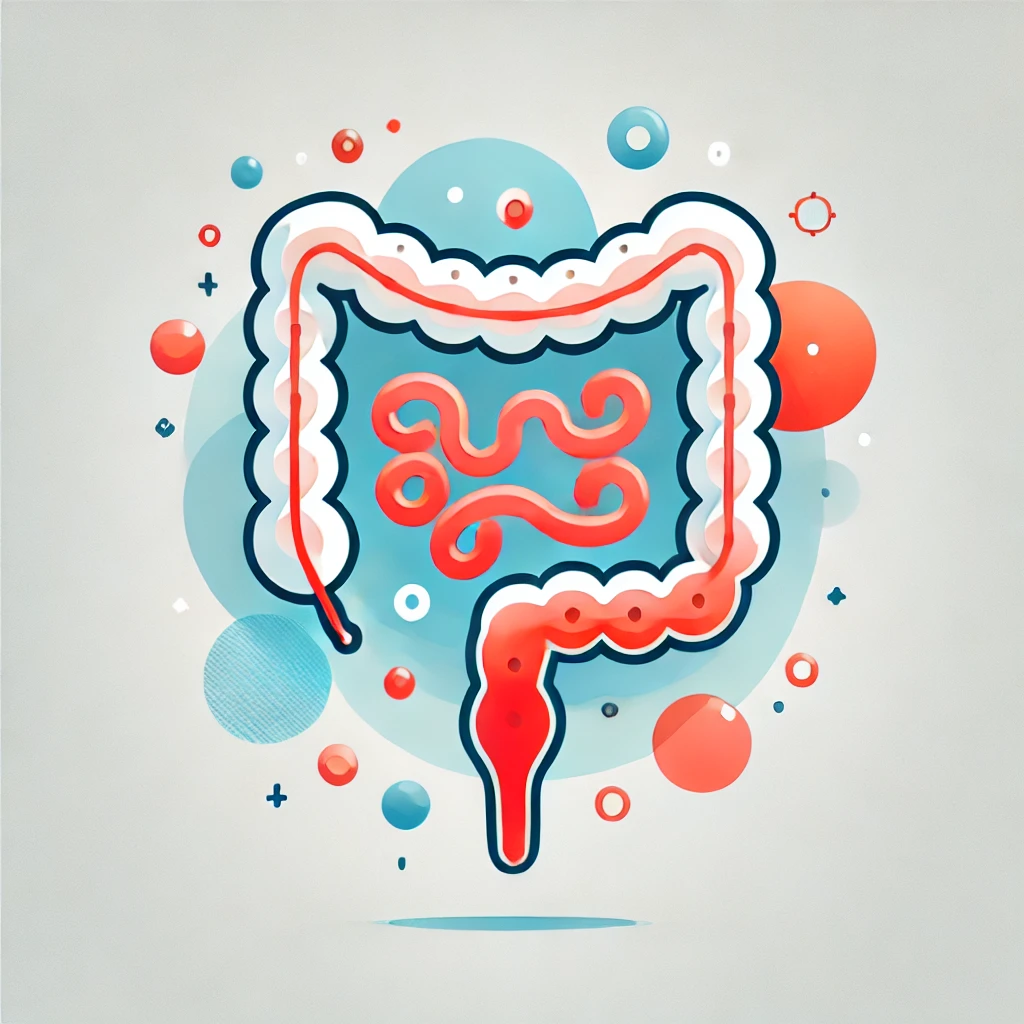
Introduction
Getting enough sleep is vital for maintaining overall health, and it can also play a significant role in weight loss. Research has shown that there is a connection between sleep and weight loss, and that getting enough sleep can help with losing weight.
The role of hunger hormones in weight loss
One way sleep can help with weight loss is by regulating hunger hormones. When we don’t get enough sleep, our bodies produce more ghrelin, a hormone that stimulates appetite and leads to increased hunger. At the same time, the production of leptin, a hormone that suppresses appetite and promotes feelings of fullness, is decreased. This hormonal imbalance can lead to overeating and weight gain.
The effect of cortisol on weight gain
Additionally, lack of sleep can also lead to an increase in cortisol, a stress hormone that can also contribute to weight gain. When cortisol levels are elevated, it can lead to increased fat storage, particularly in the abdominal area.
The impact of sleep on energy levels and exercise
Getting enough sleep can also help with weight loss by increasing energy levels and motivation to exercise. When we’re well-rested, we have more energy to engage in physical activity, which can help to burn calories and promote weight loss.
Recommended amount of sleep for weight loss
It’s important to note that the recommended amount of sleep for adults is 7-9 hours per night. However, the actual amount of sleep required can vary from person to person. It’s always best to consult with a medical professional if you have difficulty sleeping or if you’re not sure how much sleep is right for you.
In conclusion, sleep plays a significant role in weight loss by regulating hunger hormones, decreasing cortisol levels, and increasing energy levels and motivation to exercise. Getting enough sleep is essential for maintaining overall health and for weight loss. Don’t underestimate the power of a good night’s sleep – consult with a medical professional if you have difficulty sleeping or if you’re not sure how much sleep is right for you.
Sources
- Mayo Clinic: “Sleep and weight gain: What’s the connection?” https://www.mayoclinic.org/healthy-lifestyle/adult-health/expert-answers/sleep-and-weight-gain/faq-20058197
- NCBI: “Sleep and obesity” https://www.ncbi.nlm.nih.gov/pmc/articles/PMC4542518/
- Sleep Foundation: “The impact of sleep deprivation on hormones and metabolism” https://www.sleepfoundation.org/articles/how-sleep-affects-metabolism
- NCBI: “The effects of sleep deprivation on exercise performance” https://www.ncbi.nlm.nih.gov/pmc/articles/PMC3759836/
-
The ‘shocking’ truth about talcum powder and cancer!
Spread the loveTalcum powder, commonly used for its moisture-absorbing properties, has been a staple in
-
Can Salmonella Bacteria Cure Bowel Cancer? Latest Research Explained
Spread the loveRecent scientific research has unveiled a surprising potential ally in the fight against
-
What about the first case of the new Mpox strain in California?
Spread the loveOn November 16, 2024, California health officials confirmed the first U.S. case of



